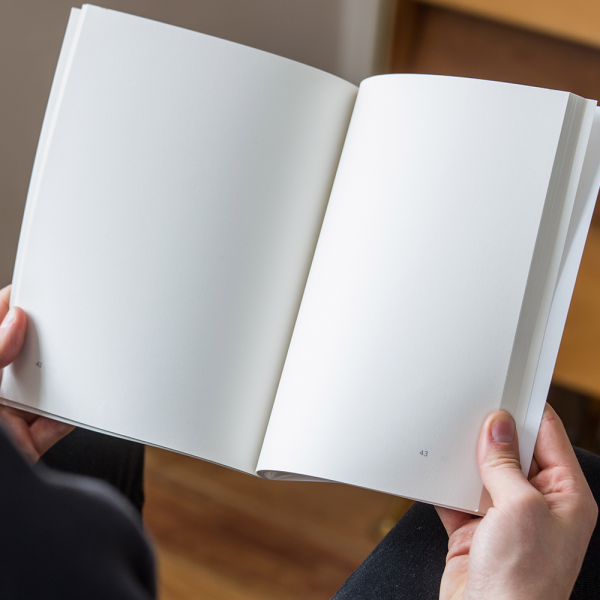Only When I Laugh
Of all the lessons I still have to learn about Germany, how to use humour is foremost among them. No matter how hard I try, my instinct to make a joke about practically everything still gets me into trouble. A lot of my problems stem from my cultural programming. The British pride themselves on their sense of humour, and like to believe themselves to be the grand arbiters of all that is funny. The Germans tend to agree with the British assessment, a point of view that is helpfully reinforced by the many British comedies available to German audiences. Granted, many of those comedies feature Mr. Bean, so there’s always a little bit of a disconnect between what the British and the Germans think British comedy actually is.
That’s not the only difference though. When the British think about “British humour”, it doesn’t refer to comedy output, so much as it refers to a general existence of humour, floating in the ether, ready to be utilised at a moment's notice. The British will try to find humour in any situation, with the appropriateness, or lack thereof, only adding to the joke. Often the best jokes are delivered at times when we all know a joke would be totally inappropriate. The need to lighten moments of seriousness is pathological, as if the British were incapable of being wholly solemn for more than a few minutes at a time.
In my experience, Germans are incredibly funny, despite all the stereotypes, but they don’t use humour in the same way. The British often resort to humour when we are at our most uncomfortable. In awkward, stressful, or particularly difficult moments in our lives, a joke, or just the attempt, can be exactly the release we need, and with many a troubling situation someone may offer up such wisdom as “If you didn’t laugh, you’d cry” which probably explains why the British seem so emotionally repressed all the time. Perhaps Germans are always thinking of jokes, they just don’t feel the need to share them, but for whatever reason, where the British would make some kind of gag, the Germans don’t, and they don’t expect anyone else to either.
Since the British use jokes to lighten certain situations, you often find humour is an important part of one of the more awkward elements of social interactions: small talk. Opening with a joke is seen as a solid strategy to engage someone in conversation, even something as simple as saying sarcastically “Great weather we’re having!” on a rainy day can be enough. It certainly isn’t winning any comedic awards, but it’s enough levity to get the conversational gears turning. Here in Germany, there’s no guarantee this simple joke will garner the same response. More than once I’ve opened with it while waiting for a meeting with people I don’t know, and more than once I’ve received the response “No it’s not, it’s raining”.
It’s worth noting that small talk doesn’t function the same way in Germany as it does in Britain. The British use it to form the basic relationships we need to exist in the world, whereas the Germans don’t need to feel like they're friendly with people in order to survive the day to day grind. Forgetting this, or simply not knowing it, means it’s incredibly easy to fall into two intercultural traps at once. In those moments where such a double cultural clanger is dropped, I console myself that I probably only came across as odd, and not unfunny. Given the option, most British people would take being perceived as weird rather than not funny, which only reinforces how much currency humour holds in British eyes. To be branded “unfunny” is akin to the mark of Cain, something you will carry for the rest of your life, and try desperately to hide from others.
It would be easy to walk away from failed interactions and blame the Germans for being humourless, in fact, I firmly believe this is where the stereotype originates. Thousands of misread conversations before meetings, waiting for buses, or queuing at the canteen over multiple decades has marked Germans as “unfunny” in the eyes of the British. Context seems to be the key to unlocking the German funny bone. For instance, I often get a pretty good response when I say something like “I love the British weather we’re having” as I stare out the rain soaked window. This seems to work since most people I meet know I’m British, so it’s not entirely unexpected. I get a chuckle and we’re off to the races, and in those moments conversation begins to flow quite easily.
The context for British humour, as I’ve mentioned, is "anytime, anywhere", and this cultural programming I still find hard to ignore. Perhaps it’s because I know that I shouldn’t joke in many situations, that I’ll probably be the only one who thinks it’s actually funny, which only makes me want to crack jokes even more. Also, because Germans don’t expect jokes to be made at every single moment of the day, it means that there are frequently numerous inadvertent openings to make them. It’s like a red rag to a bull, and more than once I’ve had to physically restrain myself from saying anything. During my citizenship interview, when I was asked solemnly to read through a pamphlet of banned groups and declare that I hadn’t been a member of them, I almost blurted out something to the effect of “I used to be in XYZ group, but I got thrown out for bad behaviour”, which I quickly stifled by pretending to sneeze.
This instinct for everyday humour also has an interesting effect - it can turn some of the least humorous people in Britain into comedic geniuses in Germany, and I should know. I’ve never been the funny one. Ever. In my family, I’m the least funny sibling, and often seem to be battling against last place with my parents. Within friend groups, I can crack a joke, but I’m not the fastest to the gag, nor are my jokes barnstormers when they do finally arrive. Yet, here in Germany, I’m funny, or at least I’m funnier than those around me. This might not sound much to you, but for me it's a dream come true, sometimes.
Being the joker isn’t always a positive in Germany, and it certainly doesn’t pay to be marked as “unserious”. While humour has currency, being seen as professional also has its benefits, especially in an office environment. Cracking wise all the time might make a success of your coffee break, but it might not open the career doors you’re hoping for. Finding the balance can be hard, but it’s worth working out, so that opportunities don't sail by, on the winds of your last pun.
I have a feeling I’ll never fully rid myself of my instinct for British humour, although I may repress it, it still finds an outlet. Thankfully I have a small child and a very patient wife, so I can fill my non-work life with Dad jokes, dumbassery, and general hijinks, but come Monday morning, it’s all business. It might hurt a little to repress my true nature, but it only really hurts when I laugh.
Proofreader: @ScandiTina
Image Credit
Foto von Marija Zaric auf Unsplash
Foto von Tengyart auf Unsplash
Foto von Tengyart auf Unsplash
Foto von Tim Mossholder
Foto von Andrea Piacquadio
Foto von Pixabay










